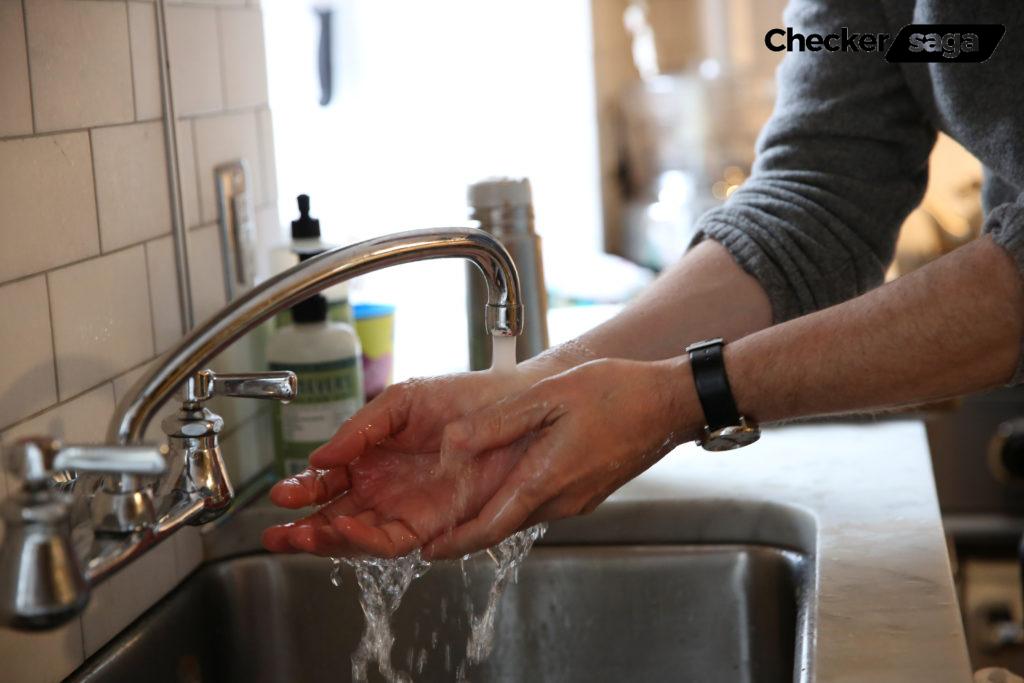As winter settles in across the United States, the Centers for Disease Control and Prevention (CDC) is issuing a warning about a sharp rise in norovirus cases. This highly contagious virus, often called the “stomach bug,” is a leading cause of foodborne illnesses in the country. Recently, the CDC reported a staggering 91 norovirus outbreaks just during the first week of December, which is significantly higher than the usual numbers for this time of year and certainly more than last year’s maximum of only 65.
What is Norovirus?
Norovirus is a small but mighty troublemaker that spreads easily and can cause stomach pain, vomiting, and diarrhea. Often mistaken for the flu, norovirus usually affects the stomach and intestines causing inflammation. But don’t be fooled; it’s not a virus you want to catch! Symptoms typically start about 12 to 48 hours after exposure, and most people feel better within one to three days.
How do You Get It?
Norovirus can spread through various ways. You can catch it by:
- Eating contaminated food or drinking contaminated water
- Touching surfaces or objects that have the virus on them
- Having direct contact with someone who is infected
It only takes a tiny number of viral particles—like just ten—to make someone sick. So, being careful with hygiene is super important!
How Long Do You Stay Sick?
For most people, norovirus symptoms start quickly and are at their worst for a day or two. After that, most recover in about one to three days. However, the most significant risk is dehydration, particularly for young kids, the elderly, and those with health issues. Talk to a doctor if symptoms are severe or if dehydration signs show, like dry mouth or not peeing much.
Who’s at Risk?
While anyone can get sick from norovirus, some groups need to be especially careful. These include young children, elderly folks, and anyone with a weakened immune system. If you fall into one of these categories, be sure to take extra precautions.
How Can I Protect Myself?
Preventive measures are key to keeping yourself safe from norovirus. Here are some effective tips:
- Wash Your Hands: Frequent handwashing with soap and water for at least 20 seconds, especially after using the bathroom and before eating or preparing food.
- Clean Surfaces: Regularly disinfect surfaces, especially kitchen areas and bathrooms, to eliminate any traces of the virus.
- Avoid Contaminated Food: Be cautious with shellfish, especially oysters, as they are often associated with outbreaks.
- Stay Home When Sick: If you feel unwell, it’s vital to stay away from work, school, and social events to prevent spreading the virus.
Norovirus is often linked with crowded situations like cruise ships and large gatherings, something we see more often during the holiday season. Health authorities suggest being cautious and maintaining hygiene to help fend off this pesky intruder.
Statistics You Should Know
| Year | Reported Outbreaks |
|---|---|
| 2023 | 91 outbreaks |
| 2022 | 65 outbreaks |
| 2021 | 54 outbreaks |
| 2020 | 40 outbreaks |
This winter, as we come together with family and friends, paying attention to health and hygiene is more important than ever. Let’s work together to keep everyone safe from norovirus!
























